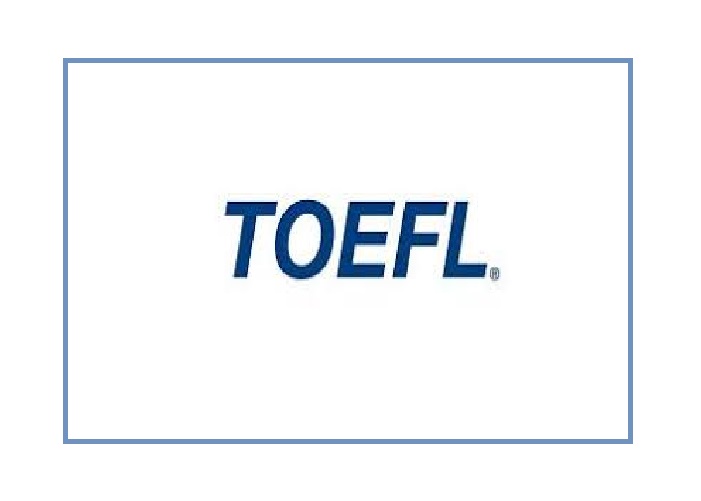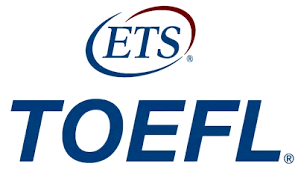Time for TOEFL?
We are the Experts
Training in 30 days
with
Native Professors
Reading – Listening
Writing – Speaking
Small groups. Study on a flexible schedule. We focus on the strategies you need in order to succeed on the the TOEFL Over 10 years in the field. Proven results.
¿Cómo obtener 100 puntos en el TOEFL?
Clases en vivo con profesores certificados y expertos en enseñarte como lograr un buen puntaje. Tenemos 3 dinámicas: cursos en vivo; auto aprendizaje; y TOEFL coaching. Aproveche los sábados para aprobar el TOEFL. Contamos con simulacros independientes para acercarse al examen TOEFL.

Materials Matter

Master the Speaking

Analysis is the Key
Group Classes

12 Hour Plan
This course will show you the basics that you need in order to take the test. Focus on the areas that you need. Take 12 hours of class in a 30 day window. Designed for flexibility.

25 Hour Plan
This course will show you the details & strategies that you need in order to take the test. Focus on the areas that you need. Take 25 hours of class in a 30 day window. Designed for intensity.
Private Classes

10 Hour Plan
This course will perfect your skills that you need in order to take the test. Focus on the areas that you need. Take 10 hours of class on a flexible schedule with a qualified, native professor. Designed for fine tuning.
History of the TOEFL
The Creation of the TOEFL
The National Council on the Testing of English as a Foreign Language, a group of experts set up the TOEFL in 1962. The purpose was coming up with an English-language test for international students who wanted to study at universities in the United States. The original version of the TOEFL followed the conventional wisdom of language instruction at the time, which focused on studying each component of language competence separately. The first TOEFL thus included five distinct sections that evaluated reading comprehension, vocabulary, listening comprehension, English structure, and grammar, entirely with multiple-choice questions.
Educational Testing Service and the TOEFL
In 1965, the TOEFL was taken over by Educational Testing Service (ETS) and the College Board. ETS is a non-profit organization that was established in 1947 to administer the standardized tests of its constituent members, who were better suited to test creation and development than test administration. The College Board, best known for the SAT, was one of these members (though that test is currently administered by ETS, it is still owned by College Board). Sole responsibility for the TOEFL was assumed by ETS and the TOEFL Board (a 15-member committee of educators, public officials, and representatives of private foundations) in 1973.
Updates to the TOEFL
The main disadvantage of the original TOEFL was that it did not evaluate speaking or writing skills. The TOEFL had always been a paper and pencil test, however in 1998, ETS began offering a digital version (known as the computer-based test, or CBT). The CBT was important because it launched technology into the TOEFL development and assessment process, which would have huge impacts.
The TOEFL Internet-Based Test
The TOEFL iBT was first taken in 2005 and is intended to measure the ability to communicate in university settings, both in terms of coursework and everyday situations commonly ran into by students. The first significant revision to the TOEFL iBT since 2005 has been a reduction in the number of passages included in the reading section (from five to three or four), which took place in 2011. And they most recently touched up the test in 2019.
The TOEFL Today
The test is administered more than 60 times a year. The vast majority of the thousands of test centers around the world offer the iBT exclusively, in over 150 countries, including every country in North America and Europe and most nations in Latin America, Asia, and Africa. The iBT is now taken by over 97% of international students who opt for the TOEFL. Though many universities will still accept the PBT, students are encouraged to take advantage of the iBT’s many benefits if at all possible. Since 1964, the TOEFL has been taken by more than 27 million students around the world, and TOEFL scores are currently accepted for university admission, professional licenses, and immigration visas.
The right materials matter.
TOP READING PRACTICE MATERIALS

